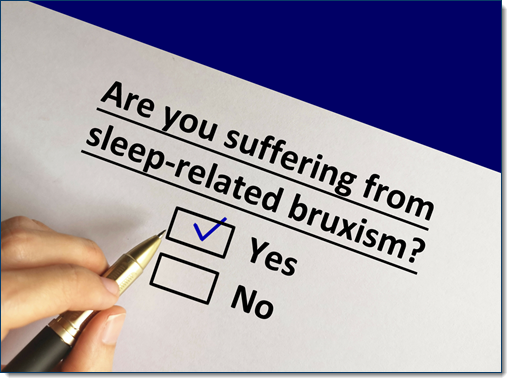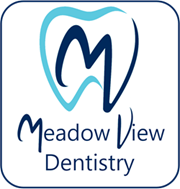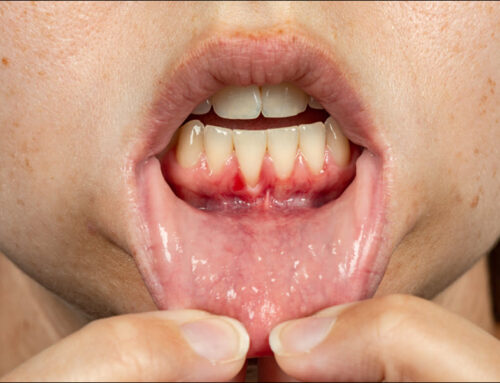Bruxism, commonly known as tooth grinding, is a condition where an individual unconsciously grinds or clenches their teeth, either while awake (awake bruxism) or during sleep (sleep bruxism). Often linked to stress, anxiety, abnormal bite, or sleep disorders, bruxism can lead to a range of dental health issues if not properly addressed.
Effects of Bruxism on Dental Health
- Tooth Damage: Chronic bruxism can lead to the wearing down of tooth enamel, increased tooth sensitivity, and even fracturing or chipping of the teeth. Over time, this can compromise the structural integrity of teeth and may necessitate complex dental procedures.
- Temporomandibular Joint (TMJ) Disorders: Frequent grinding can put excessive pressure on the TMJ, leading to disorders characterized by pain in the jaw joint and surrounding muscles. This can manifest as difficulty in chewing, jaw locking, and clicking or popping sounds when moving the jaw.
- Gum Recession and Bone Loss: The intense force from grinding can also impact the gums and supporting bone structure, potentially leading to gum recession and even the loss of teeth in severe cases.
- Headaches and Facial Pain: Many individuals with bruxism experience chronic headaches, facial pain, and earaches due to the constant tension.
Preventing and Managing Bruxism
 Stress Management: Since stress is a significant contributor to bruxism, techniques such as mindfulness, meditation, counseling, and exercise can be beneficial in managing stress levels.
Stress Management: Since stress is a significant contributor to bruxism, techniques such as mindfulness, meditation, counseling, and exercise can be beneficial in managing stress levels.- Mouthguards: Custom-fitted mouthguards, provided by dentists, can protect the teeth from damage caused by grinding during sleep.
- Dental Correction: If bruxism is related to an abnormal bite or misaligned teeth, corrective dental treatments like braces or aligners can be effective.
- Avoiding Chewing Gum and Hard Foods: Constant chewing on gum or hard foods can exacerbate bruxism, and limiting these can reduce symptoms.
- Conscious Awareness: For awake bruxism, being conscious of clenching and actively keeping the teeth slightly apart can help.
- Physical Therapy: Exercises to strengthen and relax jaw muscles can be advised by a healthcare professional.
- Medication: In some cases, muscle relaxants or medications for anxiety can be prescribed to alleviate bruxism.
Seek Professional Dental Health
Regular dental check-ups are crucial for those with bruxism, as dentists can identify signs of grinding and provide appropriate interventions. By addressing bruxism early, individuals can prevent severe dental damage and improve their overall oral health. If you suspect you might be suffering from bruxism, call your Meadow View Dentistry team to schedule a comprehensive evaluation and tailored treatment plan.


